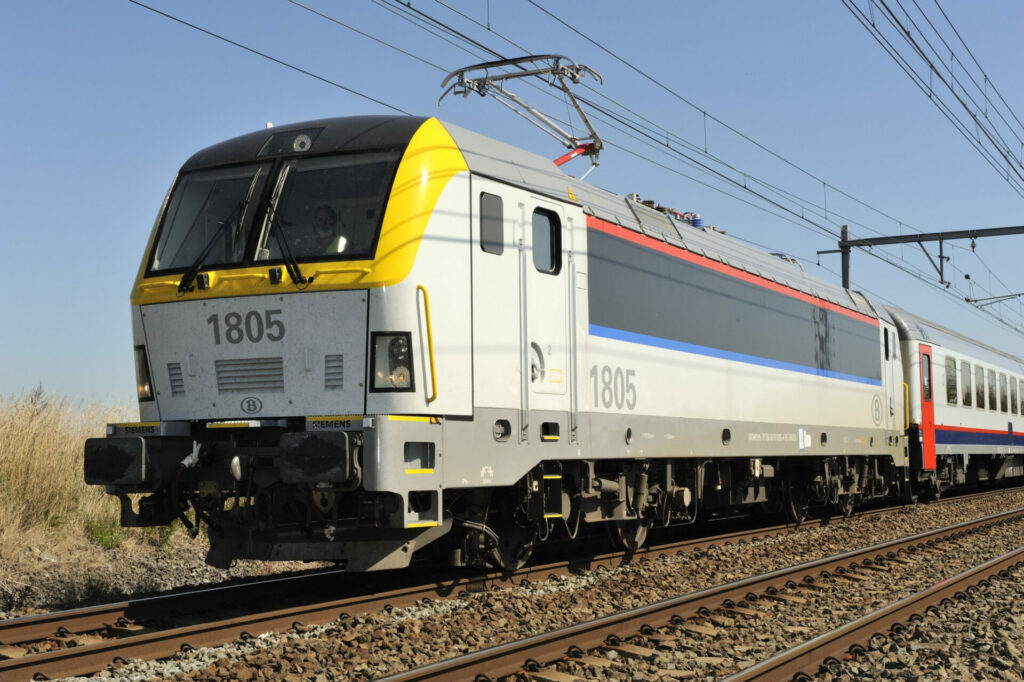Train tickets on Belgium's railway company SNCB will rise by an average of 8.73% from 1 February, with those travelling to and from work seeing particularly steep fare increases of up to 9.73%.
The price hike, which was originally announced in October, was claimed by SNCB to be "a difficult but necessary decision" which it was nevertheless "forced" to take due to a combination of government-mandated wage indexations, high inflation, and soaring energy costs. The company, which is the largest electricity consumer in Belgium, estimates that its energy bill this year will be €200 million higher compared to 2022.
The price of a Senior Ticket (available for those over the age of 65) will rise from €7.20 to €7.80, while a Youth Ticket" (available for those up to the age of 26) will increase from €6.60 to €7.10. Moreover, a standard ten-trip ("Standard Multi") ticket will increase by €9, meaning the new prices will be €93 in digital format and €96 in paper format.
Furthermore, a 3-month 2nd class work commute subscription ("abonnement domicile-travail") between Charleroi and Brussels will increase from €1881 to €2064, while a 12-month 2nd class work commute subscription between Liege and Brussels will rise from €2559 to €2808.
A necessary increase?
According to Belgium's Deputy Prime Minister and Minister of Mobility Georges Gilkinet (Ecolo), the price hike is "not a political choice", but rather is legally necessitated by the Belgian Federal Government's ongoing contract with SNCB, which stipulates that ticket price increases must be implemented each year in line with the current rate of inflation.
"[The price hike] is a mechanical adaptation of the tariffs that takes place every year in February according to inflation," Gilkinet explained to Le Soir. "The rise in prices is pushing up SNCB's costs, in particular due to the automatic indexation of staff salaries. The railway company is also facing a surge in energy prices."
Related News
- 'Tough but necessary': Belgian train tickets more expensive from next year
- 'A necessary reform': Belgian energy taxes to increase from April
Gilkinet admitted, however, that the price hike sends a "paradoxical signal" to Belgian commuters at a time when governments around the world are encouraging their citizens to use public transport in order to limit fossil fuel emissions.
Indeed, despite the forthcoming ticket price increase, Gilkinet affirmed his own party's continued commitment to achieving free public transport for all Belgians, and that Ecolo will aim to do this "first for priority target groups, then to expand the scope".
However, according to Bart Jourquin, a Professor at the Louvain School of Management LSM at UCLouvain, such goals amount to mere wishful thinking.
"Mobility has a real cost," he informed Le Soir. "We must stop with the myth of free transport. Someone has to finance the transport: either the end user, or the state, or a mixture of both."

